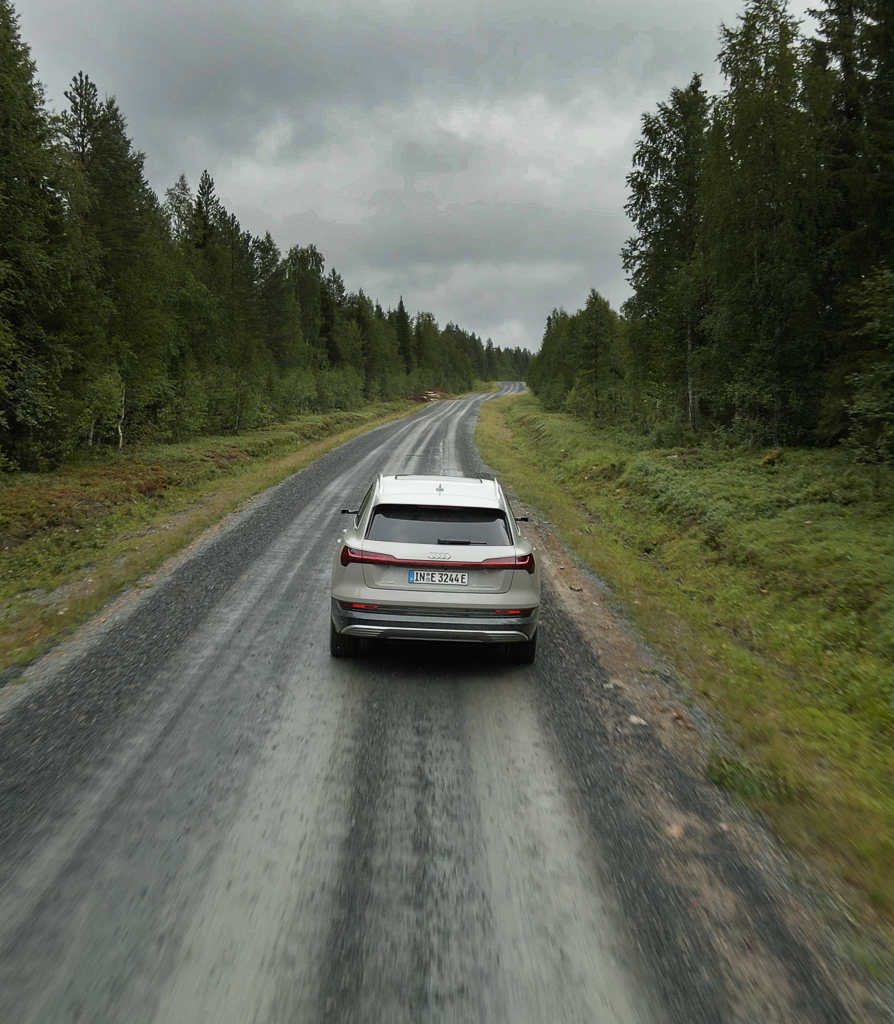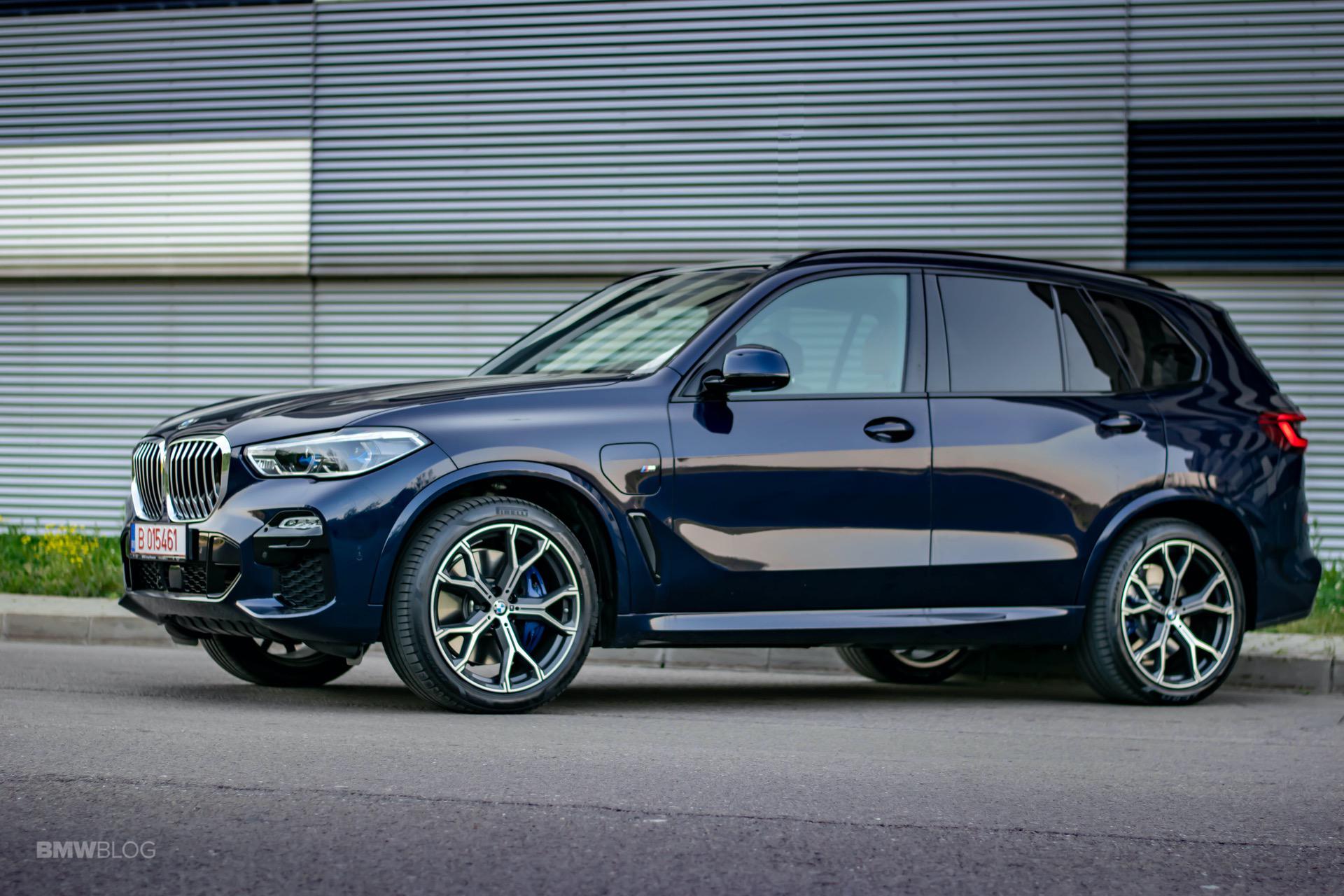Bobu
Member
After many trips to Iceland, Namibia, Australia, Patagonia, etc. with standard 4x4s, I got curious to try out what’s possible with an electric vehicle. I’ve built a new website about overlanding trips with EVs, mainly to document my experiences (and hopefully in the future not only mine but of other people as well):

I just finished my first trip report about traveling 7500 km with an e-tron to the Nordkapp:

 ev-overlanding.com
ev-overlanding.com
For the next years, I've already planned some very interesting EV overlanding trips in and outside of Europe (hoping that Covid 19 will allow this).
I will for sure regularly look into this subforum here and I’m really interested in the exchange with other people with similar ideas.
Boris




I just finished my first trip report about traveling 7500 km with an e-tron to the Nordkapp:

Nordkapp Road Trip with Audi e-tron – Part I
Due to Covid19, it was a difficult decision about what to do in the summer of 2020. We wanted to do a 4-week road trip with our Audi e-tron 55. But many borders were closed and a lot of countries w…
 ev-overlanding.com
ev-overlanding.com
For the next years, I've already planned some very interesting EV overlanding trips in and outside of Europe (hoping that Covid 19 will allow this).
I will for sure regularly look into this subforum here and I’m really interested in the exchange with other people with similar ideas.
Boris





